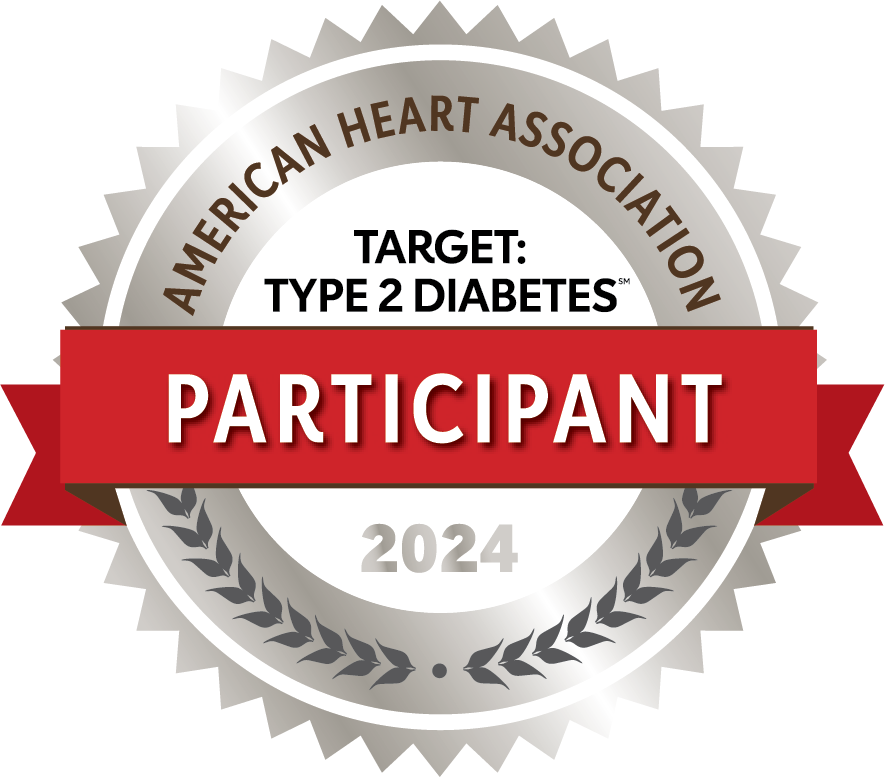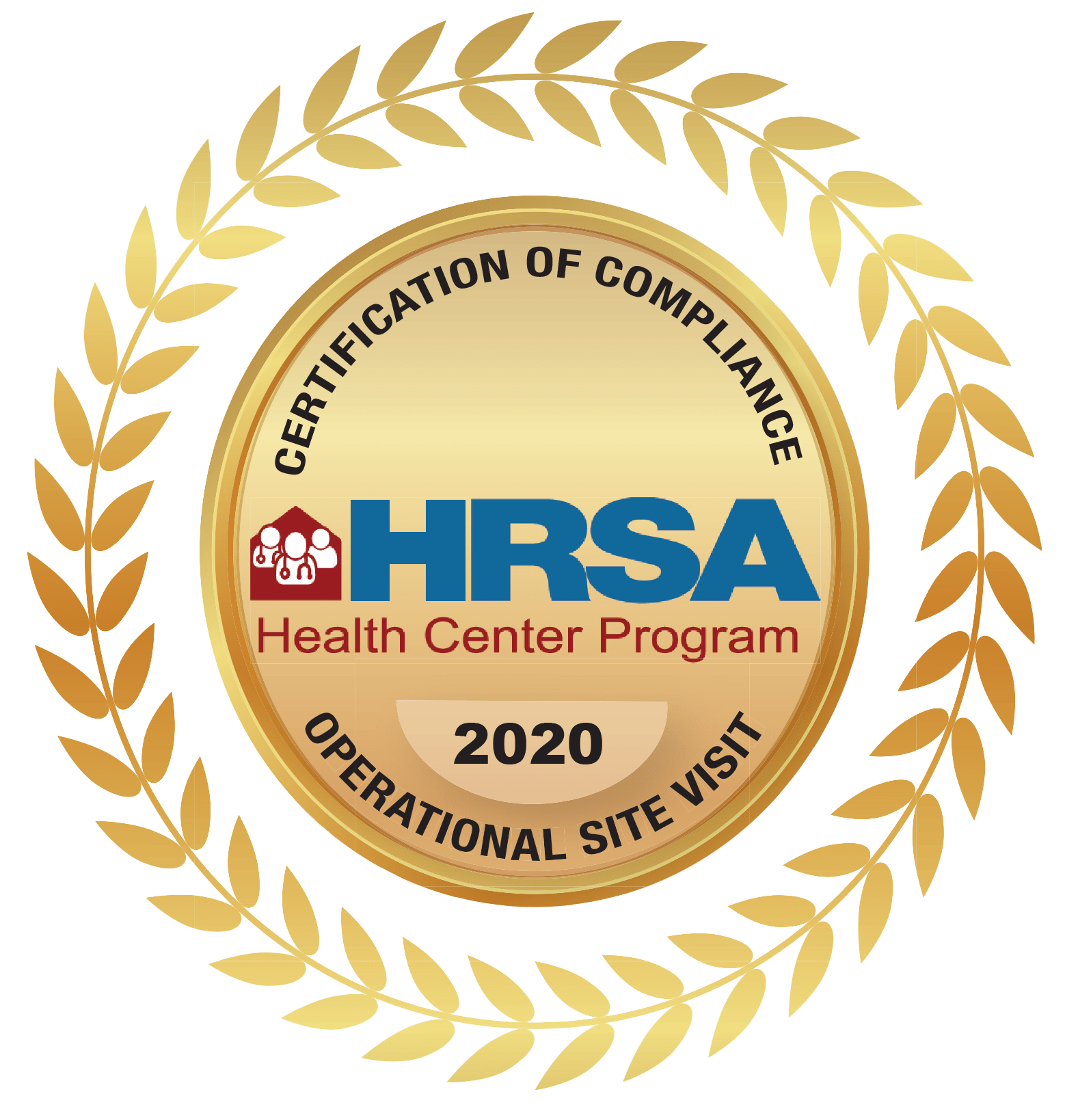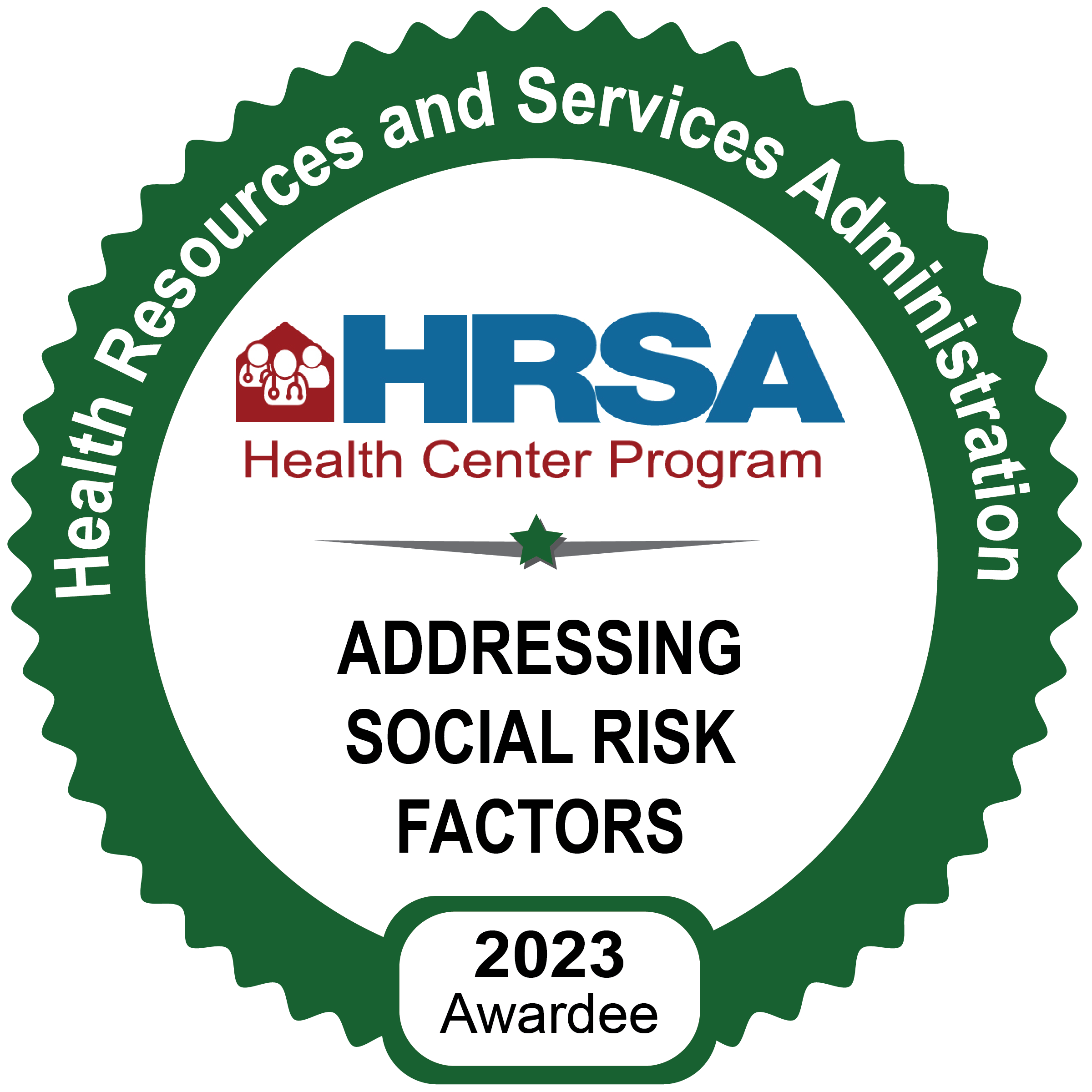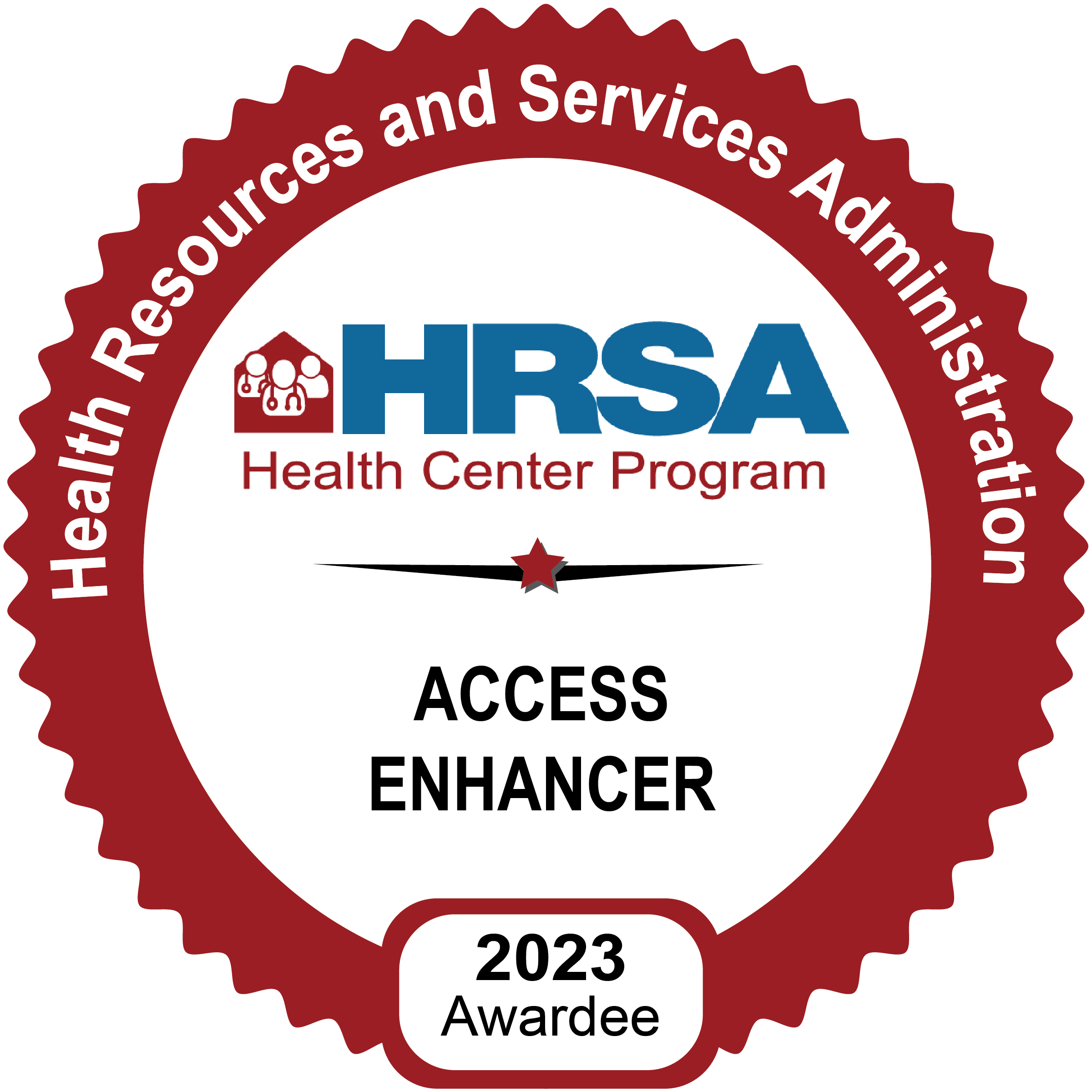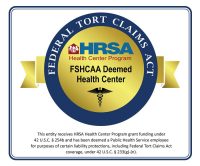Why vaccinate:
Vaccination’s immediate benefit is individual immunity: It provides long-term, sometimes lifelong protection against a disease. The vaccines recommended in the early childhood immunization schedule protect children from measles, chicken pox, pneumococcal disease, and other illnesses. As children grow older, additional vaccines protect them from diseases that affect adolescents as well as for.
Every year tens of thousands of adults needlessly suffer, are hospitalized, and even die as a result of diseases that could be prevented by vaccines. Vaccination can prevent people from acquiring diseases they may encounter during travel to other regions.
How do vaccines work?
- Vaccines work to prime your immune system against future “attacks” by a particular disease. There are vaccines against both viral and bacterial pathogens, or disease-causing agents.
- When a pathogen enters your body, your immune system generates antibodies to try to fight it off. Depending on the strength of your immune response and how effectively the antibodies fight off the pathogen, you may or may not get sick.
- If you do fall ill, however, some of the antibodies that are created will remain in your body playing watchdog after you’re no longer sick. If you’re exposed to the same pathogen in the future, the antibodies will ”recognize” it and fight it off.
- Vaccines work because of this function of the immune system. They’re made from a killed, weakened, or partial version of a pathogen. When you get a vaccine, whatever version of the pathogen it contains isn’t strong or plentiful enough to make you sick, but it’s enough for your immune system to generate antibodies against it. As a result, you gain future immunity against the disease without having gotten sick: if you’re exposed to the pathogen again, your immune system will recognize it and be able to fight it off.


